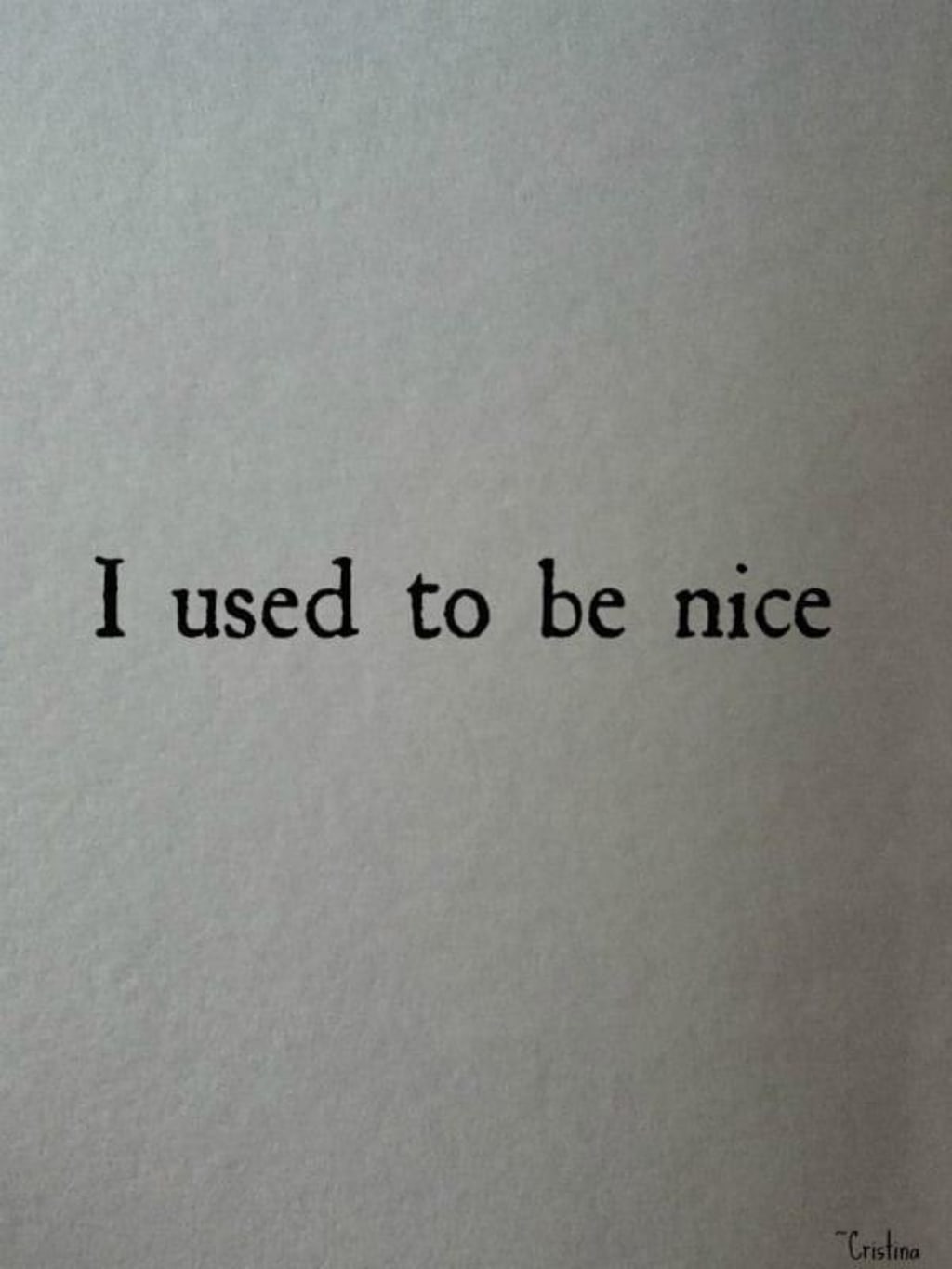Love and Hatred
Exploring the Complexities of Human Emotions

Introduction:
Love and hatred are two intense and contrasting emotions that have captivated humanity throughout history. They represent the extremes of our emotional spectrum, showcasing the depth and complexity of human nature. While love signifies affection, compassion, and connection, hatred embodies hostility, anger, and aversion. Both emotions hold immense power and can shape our relationships, actions, and even our perception of the world. In this article, we delve into the intricacies of love and hatred, exploring their origins, impacts, and the potential for transformation.
Love: The Essence of Human Connection
Love is a universal emotion that binds us together, fostering empathy and nurturing relationships. It transcends barriers of race, religion, and culture, and manifests in various forms, including romantic love, familial love, and platonic love. Love encompasses care, compassion, and selflessness, often inspiring acts of kindness and sacrifice. It is the driving force behind friendships, partnerships, and the formation of communities, fostering a sense of belonging and support.
Love can also be transformative, bringing out the best in us and encouraging personal growth. It has the power to heal wounds, mend broken hearts, and bridge gaps between individuals and communities. Through love, we find solace, happiness, and a profound understanding of ourselves and others.
Hatred: The Shadow of Our Emotions
In stark contrast, hatred stems from negative experiences, conflicts, and deep-seated resentment. It festers in our hearts, poisoning our thoughts and emotions, and often leads to destructive behaviors and actions. Hatred blinds us to the inherent humanity of others and perpetuates a cycle of animosity and violence.
However, it is crucial to recognize that hatred is not an inherent human trait. It is often born out of fear, prejudice, or a lack of understanding. Hatred can be fueled by personal experiences, cultural conditioning, or a desire for power and control. It is a manifestation of our capacity for darkness, highlighting the duality of our nature.
Transforming Hatred into Love
While love and hatred exist as opposing forces, the potential for transformation lies within our grasp. By acknowledging and understanding our emotions, we can strive to overcome hatred and foster love and compassion. This transformation requires introspection, empathy, and a willingness to challenge our preconceived notions.
Education and awareness play a vital role in breaking the cycle of hatred. By promoting empathy, tolerance, and acceptance, we can challenge the ignorance and prejudice that fuel animosity. It is through education that we can foster a more inclusive and understanding society, eradicating the roots of hatred.
Forgiveness also holds immense power in the face of hatred. Letting go of grudges and resentments liberates us from the burden of negative emotions, allowing us to heal and rebuild relationships. Forgiveness does not condone or forget the wrongdoings, but rather seeks to release the grip of hatred and open the path to reconciliation and growth.
Conclusion:
Love and hatred stand as powerful and opposing emotions within the human experience. While love nourishes our connections, promotes compassion, and encourages personal growth, hatred breeds division, animosity, and suffering. It is up to us as individuals and as a society to cultivate love, empathy, and understanding while actively combating hatred.
By embracing love, practicing forgiveness, and fostering education and awareness, we have the potential to transform our relationships, communities, and the world at large. In the pursuit of a more harmonious and compassionate society, we must recognize that love is the ultimate antidote to hatred, guiding us towards a future filled with understanding, acceptance, and unity.
Love and hatred are two emotions that are often seen as opposing forces. While love is associated with positive feelings like warmth, connection, and happiness, hatred is associated with negative feelings like anger, resentment, and bitterness. However, the relationship between love and hatred is complex and often intertwined.
Love can lead to hatred when it is not reciprocated or when it is betrayed. When someone we love hurts us, it can cause a shift in our emotions from love to hatred. This is because we feel a sense of betrayal and a loss of trust, which can lead to anger and resentment. However, it is important to note that this shift from love to hatred is not always permanent and can often be overcome with time and forgiveness.
On the other hand, hatred can sometimes be born out of love. This can happen when we love someone so much that we become possessive or jealous, leading to feelings of resentment and anger towards anyone or anything that threatens our relationship with them. In some cases, this can even lead to acts of violence or abuse.
Despite their differences, both love and hatred are powerful emotions that can deeply impact our lives and relationships. It is important to recognize and acknowledge our feelings of both love and hatred, and to work towards managing them in healthy ways. This may involve seeking support from friends, family, or a therapist, or practicing self-care and self-reflection to better understand our emotions and how to navigate them.
About the Creator
Enjoyed the story? Support the Creator.
Subscribe for free to receive all their stories in your feed. You could also pledge your support or give them a one-off tip, letting them know you appreciate their work.





Comments (1)
That is quite the comprehensive post for your first story. Congratulations